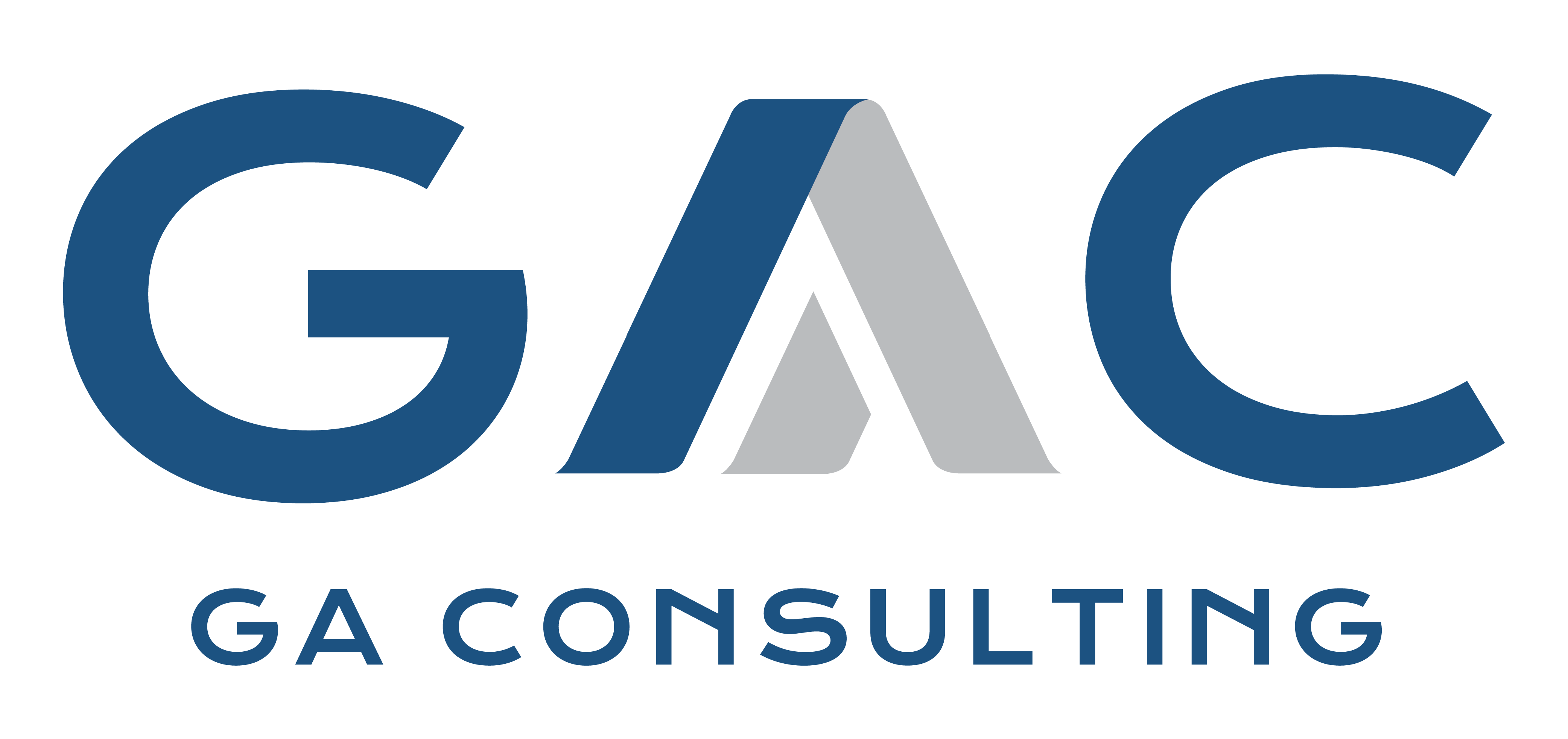As a self-employed professional in the Philippines earning ₱30,000 per month, understanding your tax obligations is crucial. Misconceptions about tax exemptions can lead to unexpected penalties and financial strain. This guide aims to clarify your tax responsibilities and help you avoid common pitfalls.
Understanding Your Tax Obligations
Under the Tax Reform for Acceleration and Inclusion (TRAIN) Law, self-employed individuals and professionals with annual gross income not exceeding ₱3 million can opt for an 8% income tax rate on gross sales or receipts exceeding ₱250,000, in lieu of the graduated income tax rates and percentage tax.
For an annual income of ₱360,000 (₱30,000 x 12 months):
- Taxable income = ₱360,000 – ₱250,000 = ₱110,000
- Income tax due = 8% of ₱110,000 = ₱8,800 annually
Therefore, you are not exempt from paying taxes; you are required to pay ₱8,800 annually, assuming you have no other deductions or exemptions.
Importance of Compliance
Failing to file and pay your taxes on time can result in significant penalties:
- Surcharge: 25% of the tax due for late filing.
- Interest: 12% per annum on the unpaid tax.
- Compromise Penalty: Varies depending on the violation.
For instance, if you fail to pay your ₱8,800 tax due:
- Surcharge = 25% of ₱8,800 = ₱2,200
- Interest = 12% of ₱8,800 = ₱1,056 (assuming one year late)
- Total penalties = ₱2,200 + ₱1,056 = ₱3,256
This increases your total liability to ₱12,056.
Steps to Ensure Compliance
- Register with the BIR: Ensure you are registered as a self-employed professional.
- Opt for the 8% Tax Rate: Indicate your choice in your first quarterly tax filing.
- Maintain Accurate Records: Keep track of all income and expenses.
- File and Pay Taxes on Time: Quarterly and annual filings are mandatory.
- Consult a Tax Professional: Seek guidance to navigate complex tax matters.
Applicability
This applies to self-employed individuals and professionals in the Philippines earning ₱30,000 per month (₱360,000 annually) and opting for the 8% income tax rate under the TRAIN Law.
Tips: Practical Advice
- Set Aside Funds: Allocate a portion of your income monthly to cover tax liabilities.
- Use Accounting Software: Tools like QuickBooks or Xero can help manage finances.
- Stay Informed: Regularly check BIR updates for any changes in tax regulations.
- Seek Professional Help: Engage a certified public accountant (CPA) for complex tax issues.

Follow Us & Make Tax Filing Easy!
Follow us on our socials (TikTok, YouTube, Facebook, and Instagram) and read our blogs for more tax tips designed for freelancers!
Download our Ultimate DIY BIR Tax Compliance Guide, try our Freelancer Income Tax Calculator, and schedule your Free Tax Consultation Call to take the next step toward confident, stress-free tax filing!

